Digital Economy & Business Agility
The same way, as we entered a new age as a result of industrialisation, we are now entering a new age as a result of digitalisation. Management as we know it today is an answer to the industrialisation. But where are the answers to the digitalisation?
The competence center "Digital Economy & Business Agility" summarises answers to questions that arose in the context of customer projects, combines the answers into a consistent management picture for the Digital Age and regularly expands this picture as soon as further answers are given that are relevant innovative and responsible managers in a networked and dynamic world.
All answers are supported by transparent visualizations: As simple as possible. As detailed as necessary.
Our current understanding of management is based on learning in the industrial age - but, is not sufficient for the Digital Age.
The possibility of networking.
Of course nobody will force me to networking. It’s just a possibility. But this possibility is also available to my competitor. We recommend not to wait until declining customer force me to act, but actively approaching the Digital Age. But how? Our current understanding of management tells us how to run a company. But how do I run a networked value creation?
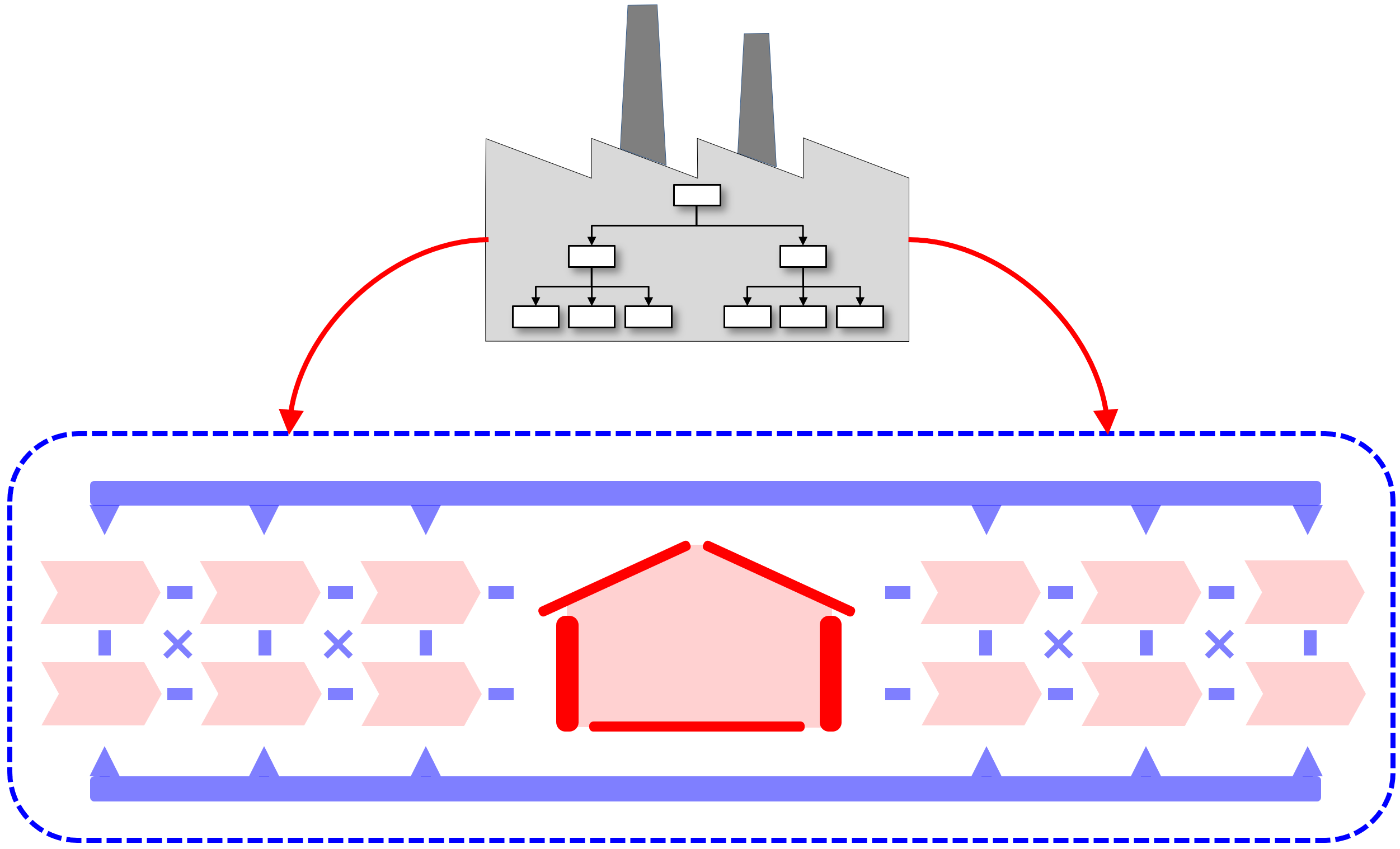
Networked value creation is not synonymous with a Digital Eco-System. Networked value creation already exists, for example, if we just exchange customer, order or billing data via internet. But what if my business partner is dependent on this data and I make my data transfer subject to conditions? Is that impolite and contrary to our moral principles? Agreed. New example: What if I am dependent on this data and my business partner defines conditions to the transfer of data?
So we have to differentiate whether a network that is simply a network, or a network that is linked to dependencies and restricts the participating companies in their management autonomy. If that is the case, we call it «Digital Eco-System».

Inside a company in the industrial age, the top management sets rules and can enforce them due to their authority. For us this is absolutely normal. Otherwise, value creation would not function smoothly. The production volume or product quality would be left to chance rather than following a plan if there were no common rules.
Of course, this also applies to networked value creation within a Digital Eco-System. In practice, we can hardly observe democratic votes on these rules. In the Digital Age, we must therefore understand the setting of these rules as an explicit strategic goal.
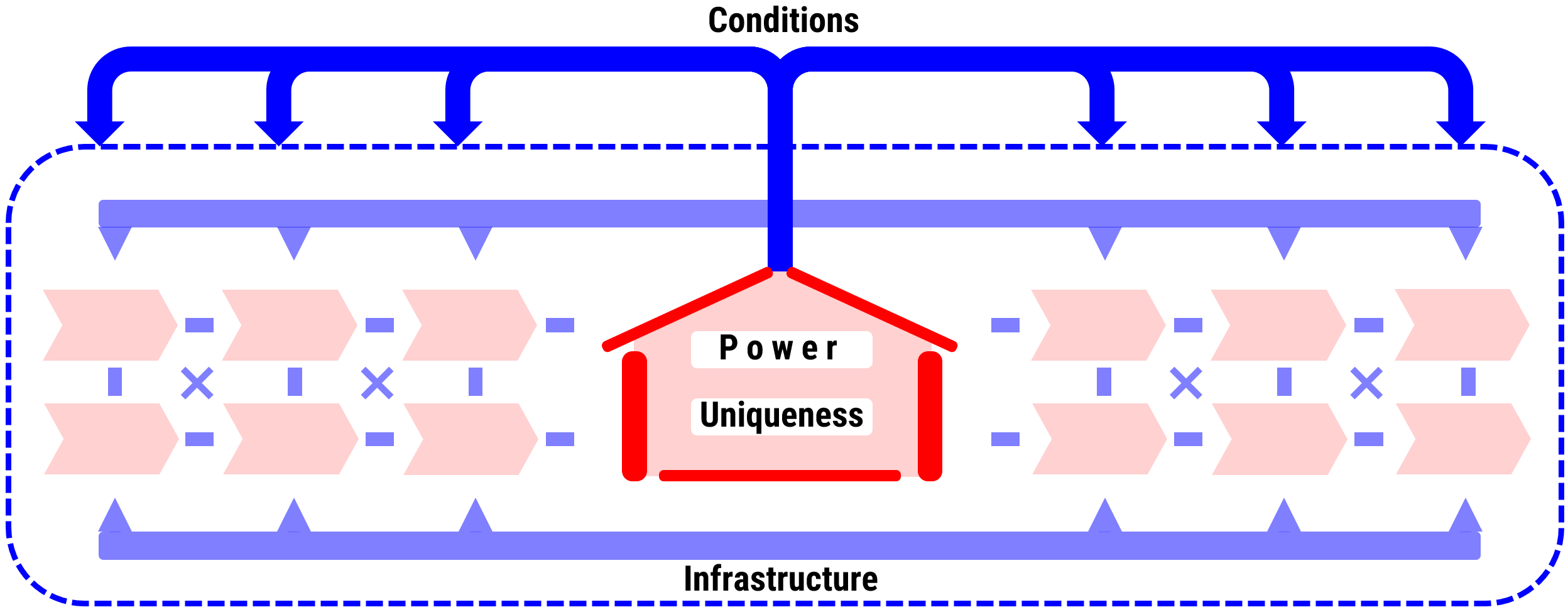
Inside a Digital Eco-System, an individual company makes a value-adding contribution, comparable to that made by a department inside a larger organisation in the industrial age.
We know from a department manager inside a larger organisation that he can pursue two (competing) goals:
(A) supporting the objectives of the company
(B) supporting own career goal (in the case of successful managers in larger organisations of the industrial age, the career goal was often the goal that ultimately determined the action)
Analogously, a manager of a company inside a Digital Eco-System should also be aware of two goals:
(A) supporting the objectives of the Digital Eco-System
(B) positioning the own company inside the Digital Eco-System
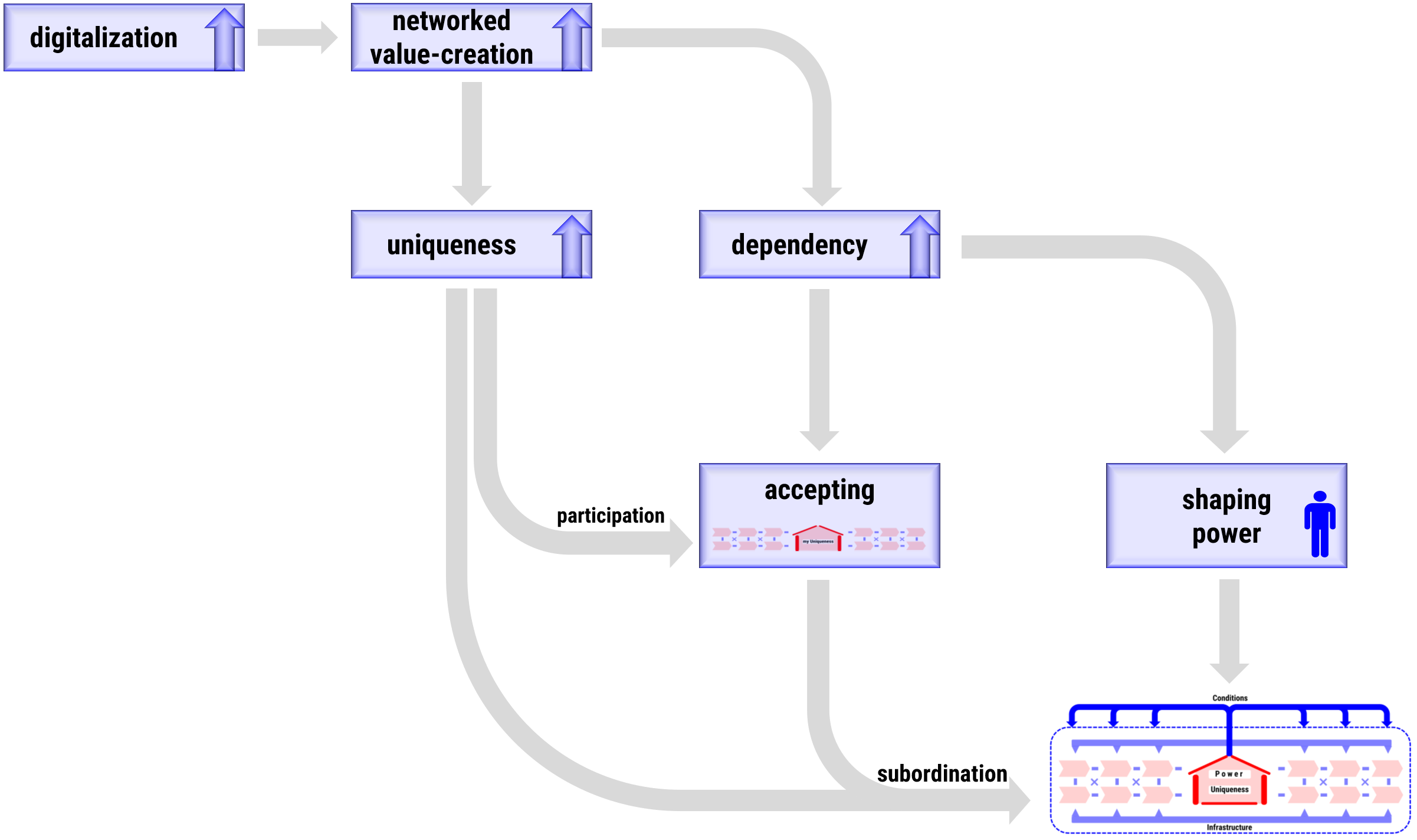
The Business Model Canvas, that we know from the industrial age, is implicitly based on the assumption that the user of the canvas can make comprehensive decisions about the 9 fields. However, since this is no longer the case in Digital Eco-System (for companies that are not the most powerful one), the canvas had to be adapted for the Digital Age.
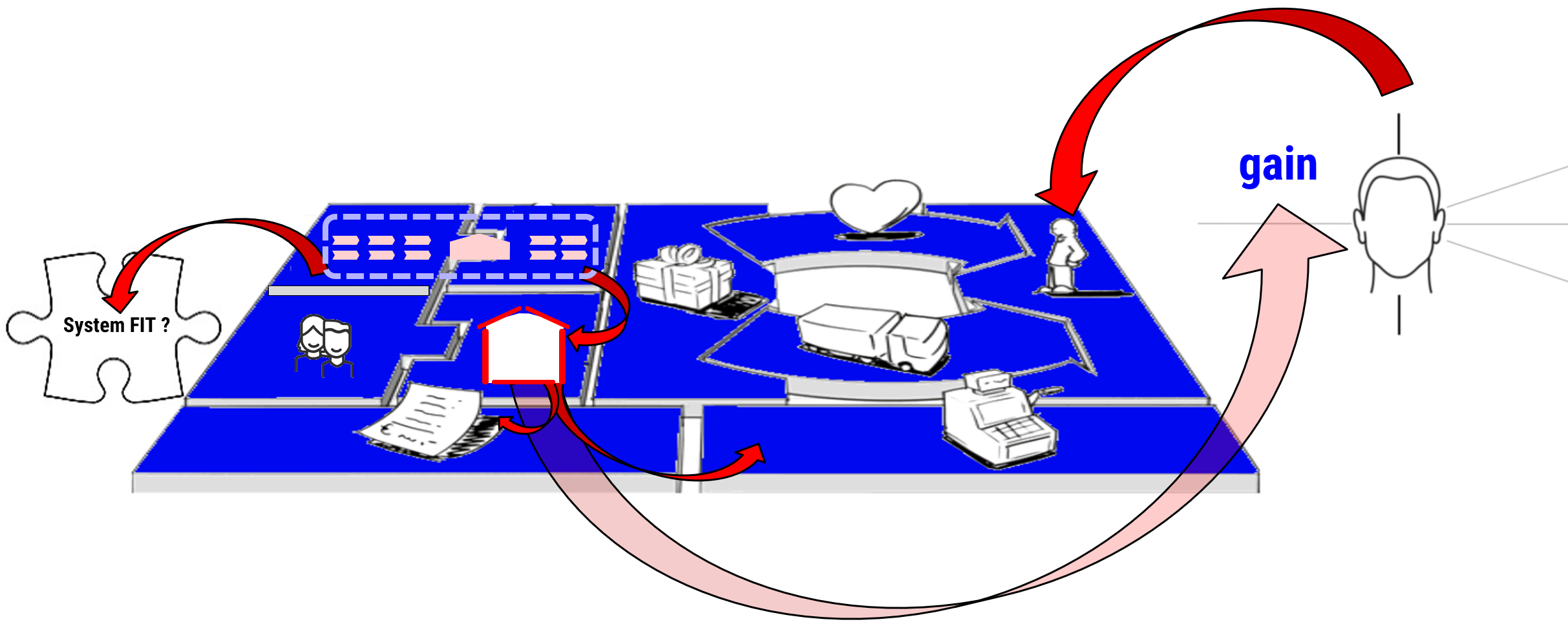
A company that contributes to a Digital Eco-System must accept limitations in management autonomy (unless it is the most powerful one). However, it can and should choose the Digital Eco-System(s) it wants to join.
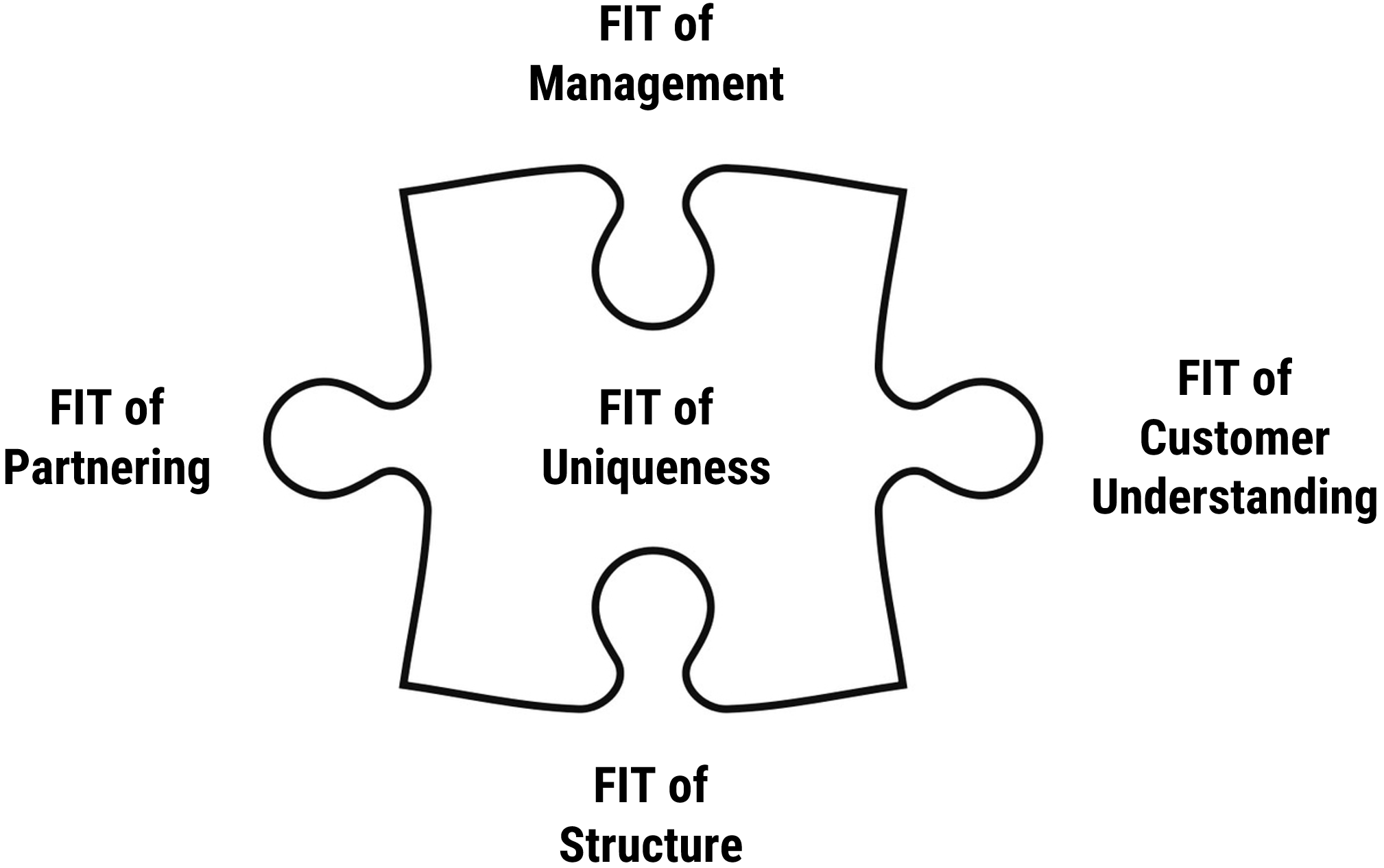
In the agility of the Digital Age, business development is gaining in importance. One answer to this can be to activate the potential of your own employees. Employees can become partners - but also competitors! The socio-technical framework is an intermediate stage in the transition to Digital Eco-Systems.
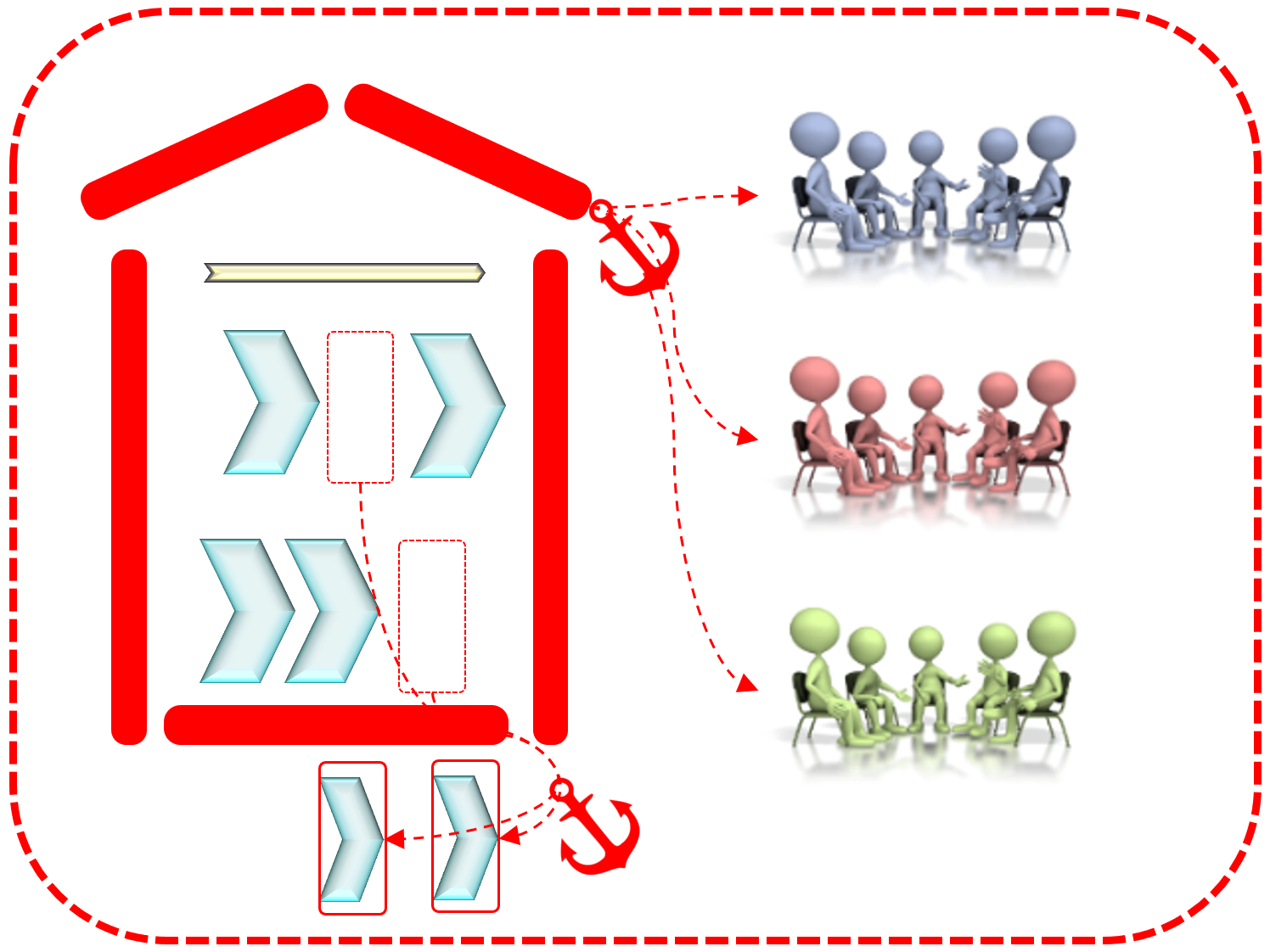
The Digital Age is characterised by a high level of agility. Existing - but also additional business options must be constantly checked respectively developed. The often quoted phrase "Don't Be Afraid to Fail!" is usually difficult to bring in line with the sense of responsibility of managers in our culture. The business development portfolio combines high agility with our responsible culture, transparency and strategic risk management.
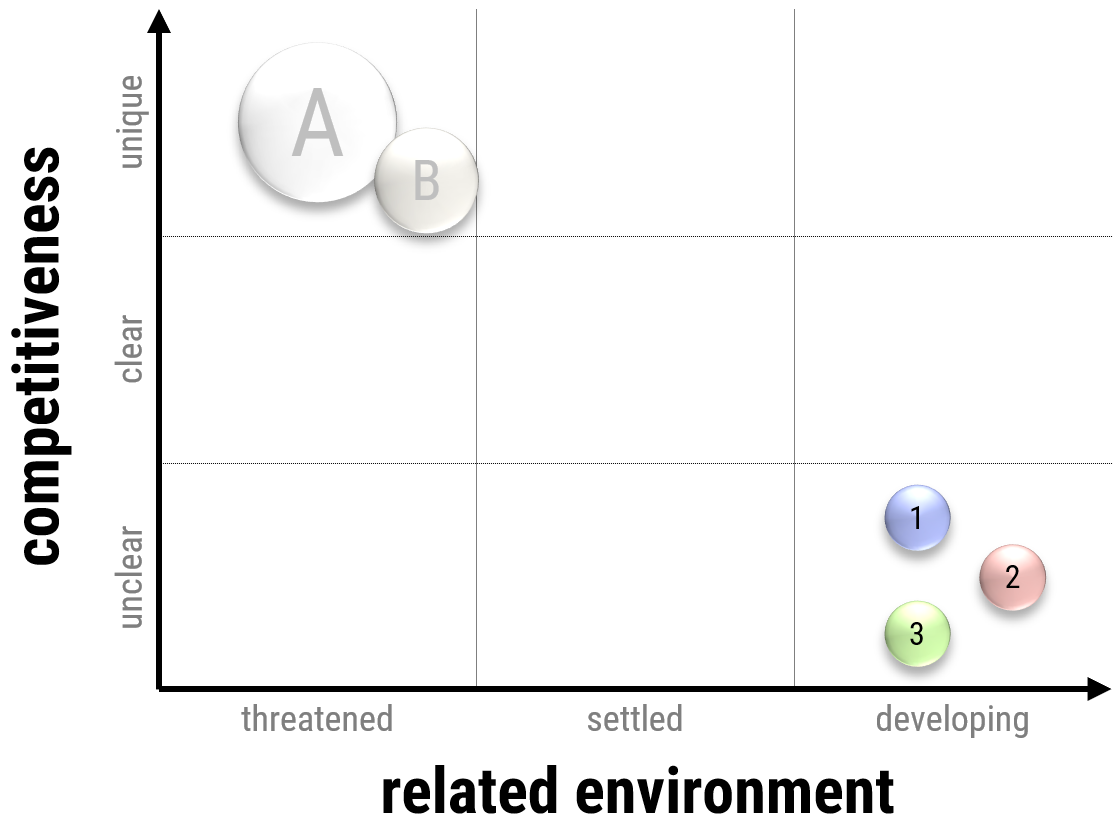
Companies that are at the beginning of their questions about the digital future may tend to search Google for Digital Maturity Models to find an entry point. However, almost all Digital Maturity Models that are found consist of standard questions and, after answering them, usually come to the conclusion that a consulting company should be contacted for further clarification. In addition, most Digital Maturity Models are based on standard questions. But what good is a standard question for a comprehensive customer picture, for example, if a company is integrated into a supply chain and has no customer contact at all? A conclusion that one is not digitally mature because this question was not answered according to the evaluation scheme is therefore not very helpful. Instead, the aim of the FHNW Digital Maturity Model is to show the connections and thus allow every company to manage its digital maturity itself.
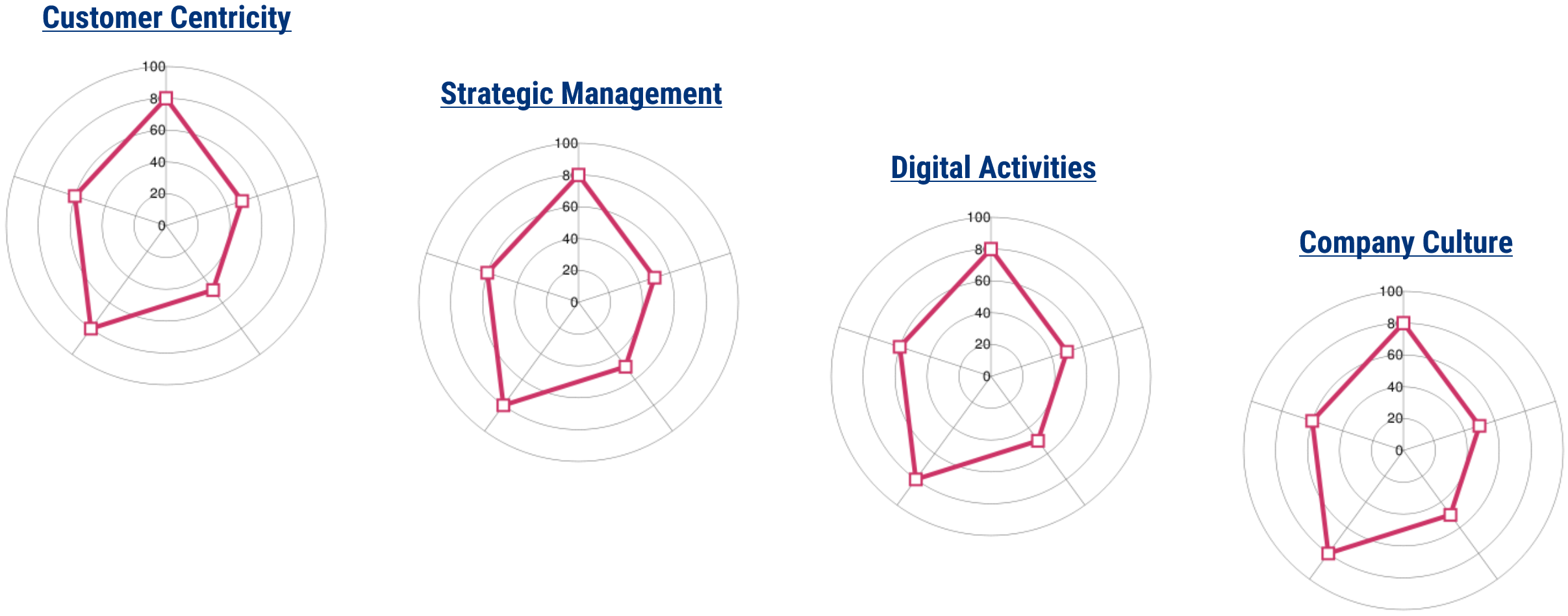
Social Media Institute for Information Systems FHNW
No social media links available.
